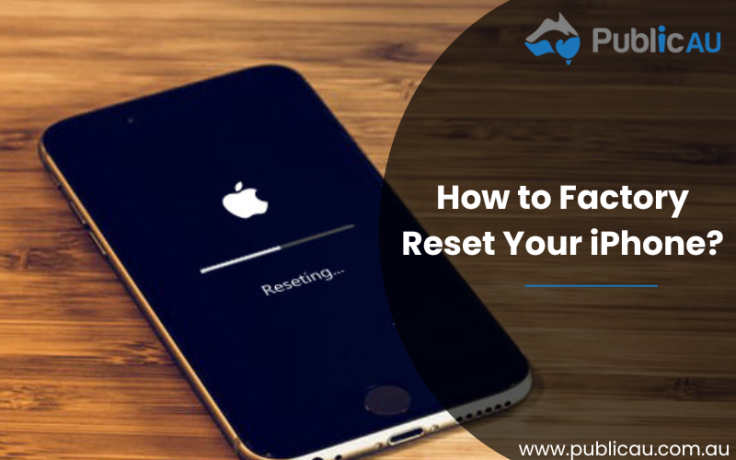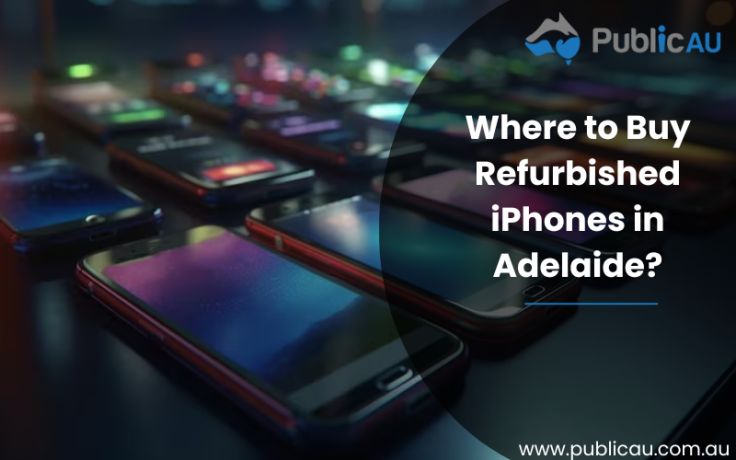
Are iPhones really invincible when it comes to viruses and malware? It’s a question that has lingered in the minds of many Apple enthusiasts.
With their slick design, advanced security features, and powerful operating systems, these devices seem impenetrable. But is this just a myth or a reality? Today, we are here to demystify the long-standing belief surrounding iPhone vulnerability to viruses. Get ready as we dive deep into the world of iOS security and separate fact from fiction once and for all!
Introduction to iPhone Viruses
With the increasing popularity and widespread use of iPhones, there has been a growing concern among users about the device’s vulnerability to viruses. While it is true that no system or device is completely immune to viruses, there are several myths and misconceptions surrounding iPhone viruses.
In this section, we will provide an in-depth understanding of what iPhone viruses are, how they can infect your device, and most importantly, whether or not iPhones really get viruses.
What Are iPhone Viruses?
A virus is a type of malicious software that can replicate itself and spread from one device to another. These harmful programs can cause various types of damage such as stealing personal information, corrupting files and applications, and even rendering your device unusable.
Similarly, an iPhone virus refers to any malicious software specifically designed to target iOS devices.
How Can Your iPhone Get Viruses?
Contrary to popular belief, iPhones do not have built-in antivirus protection like other devices such as Windows computers or Android phones. However, this does not mean that they are more susceptible to viruses. In fact, due to Apple’s strict app review process and security measures implemented on iOS devices, the chances of getting infected with a virus on an iPhone are relatively low.
The most common way for an iPhone to get infected with a virus is through downloading apps from untrusted sources outside of the official App Store. These unofficial apps may contain hidden malware or malicious code that can infect your device when installed.
Another possible way for an iPhone to get a virus is through phishing scams, where users are tricked into providing personal information or downloading malware onto their device.
Do iPhones Really Get Viruses?
➡️ The short answer is yes, iPhones can get viruses.
However, the likelihood of getting infected with a virus on an iPhone is much lower compared to other devices due to Apple’s strict security measures. As mentioned earlier, all apps on the App Store go through a rigorous review process before being made available to users. This helps prevent malicious apps from being distributed on the App Store.
Additionally, iOS devices have built-in security features such as sandboxing and app permissions that limit the access of apps to sensitive areas of your device. These security measures make it difficult for viruses to spread and cause damage on iOS devices.
How Can You Protect Your iPhone from Viruses?
To further protect your iPhone from potential viruses, here are some tips you can follow:
🤳 Install Apps From Trusted Sources
As mentioned earlier, downloading apps from untrusted sources outside of the App Store increases the risk of getting a virus on your device. Stick to downloading apps only from the official App Store or from reputable sources recommended by Apple.
🤳 Keep Your Device and Apps Updated
Make sure to regularly update your device’s operating system and all apps on your iPhone. These updates often include security patches that help protect your device from potential viruses.
🤳 Be Cautious of Suspicious Links and Emails
Be cautious of clicking on suspicious links or opening emails from unknown senders, as they may contain phishing scams or malware. If you receive a message from a familiar contact with unusual content or attachments, it is best to verify with the sender before opening them.
🤳 Use Antivirus Software
While iPhones do not have built-in antivirus protection, there are third-party antivirus software available that can provide an extra layer of security for your device. Make sure to choose a reputable and trustworthy antivirus app if you decide to install one.
Common misconceptions and myths surrounding iPhone viruses
- “iPhones cannot get viruses”
- “You can only get viruses from downloading apps outside of the App Store”
- “If I have an antivirus app installed, my iPhone is safe from viruses”
- “My iPhone is slow because it has a virus”
- “Factory resetting my iPhone will remove any viruses”
Conclusion
In conclusion, while iPhones can get viruses, the chances are relatively low due to Apple’s strict security measures and review process for apps on the App Store. As long as you stick to downloading apps from trusted sources and remain cautious about suspicious links or emails, your chances of getting infected with a virus on an iPhone are minimal.



